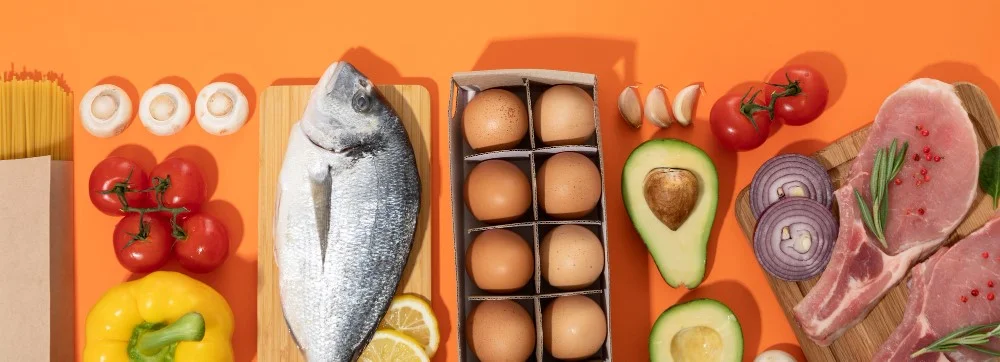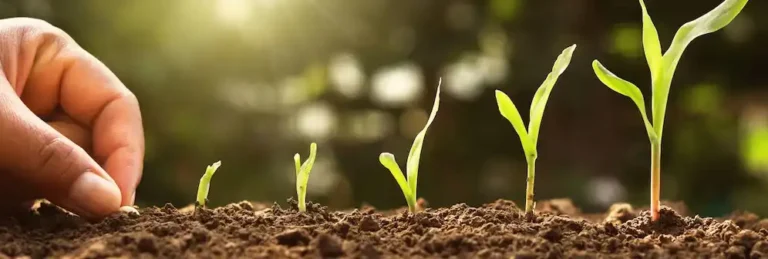Which Foods Should Avoid After a Transplant
Topics Covered
- Will having a transplant require me to be careful what I eat?
- Why must I stay away from specific foods?
- Myths Regarding Food After Getting a Transplant?
- After the transplant, which foods are “high-risk” foods?
- Conclusion

Will having a transplant require me to be careful what I eat?
Yes, even after receiving a kidney transplant, food still matters. Maintaining a healthy weight and engaging in regular exercise are crucial. In addition to promoting general well-being and health, a nutritious, balanced diet can help avoid high blood pressure, high blood sugar, and excessive weight gain.
Following kidney transplantation, plan to eat a high-fiber, low-sodium diet. A balanced diet includes lean meats, low-fat dairy products, whole grains, fresh produce, and lots of water. Drink lots of water and avoid caffeinated beverages to ensure your new kidney stays hydrated.
You might also need to avoid consuming a specific kind of food. Your medical team can help you understand which foods to avoid and why, and your transplant center’s nutritionist can help you select a healthy diet.
Why must I stay away from specific foods?
You will need to take specialized medications following your kidney transplant, also known as “immunosuppressive drugs” or “anti-rejection medications.” These medications lessen the likelihood that your body may reject your new kidney. But these drugs also make it harder for your body to fight illness. Using these medications raises your risk of contracting bacteria or other germs-related illnesses.
Bacterial illnesses are caused by some pathogens. Food can transmit certain bacterial diseases. Your risk of contracting an infection from food can be reduced by:
- Taking care while handling food, such as often washing your hands—especially after handling raw eggs or poultry.
- Exercising caution when dining out.
- Avoiding some “high-risk” foods as there’s a higher chance of bacteria causing an infection in them.
Additionally, you might need to take steroids, which can result in increased:
- Hunger, which results in unintended weight gain
- High levels of triglycerides and cholesterol in the blood
- High levels of blood sugar
- Retention of fluid and salt (excess fluid in the body)
- It may also result in the deterioration of bone and muscular tissue.
Due to unintended weight gain, it’s critical to eat a nutritious diet and adhere to recommended portion amounts. It can also be wise to avoid foods that are heavy in simple sugar and fat. Before exercising, consult your physician. Generally, you may maintain a healthy weight by getting 20–30 minutes of exercise three to four times a week or by taking five to ten thousand steps per day.
Myths Regarding Food After Getting a Transplant?
There are a few lies regarding what you can and cannot consume following a transplant. These misconceptions may cause unneeded limitations or unsafe food choices. Let us dispel a few widespread misunderstandings:
Myth 1: You Can’t Eat Fresh Fruits and Vegetables
Reality: A common misconception is that fresh produce should not be consumed because it contains bacteria. But if you give it a good wash, you can eat it. Fruit and vegetable peeling can also help lower the risk. It all comes down to hygiene and careful planning.
Myth 2: All Dairy Products Are Forbidden
Reality: It’s a popular misconception that dairy products should be avoided in general. In actuality, pasteurized milk, cheese, and yogurt are fine, but unpasteurized dairy products must be avoided. Always read the labeling to make sure the products are pasteurized.
Myth 3: A Strict Low-Sodium Diet Is Required
Reality: Not every recipient of a transplant will need to closely control their salt consumption. If you have specific health concerns, your healthcare provider should be consulted about whether a low-sodium diet is necessary.
Myth 4: Foods With Spice Are Dangerous
Reality: Although spicy foods are sometimes associated with negative health effects, there is no proven risk after transplantation. You can eat spicy meals in moderation unless you have special digestive problems.
Myth 5: You’ll Never Be Able to Eat Out Again
Reality: Going out to eat is feasible, but it should be done carefully. Select eateries that uphold appropriate sanitary standards and stay away from meals that pose a risk, such as raw shellfish and undercooked meats. Ask how the dish is prepared if you’re unsure.
Myth 6: Spanish Tomato and Rice Dish is Bad for Your Kidneys
Reality: Because of their constituents, some people think that foods like rice and Spanish tomatoes are unhealthy. However, if the tomatoes are cooked with fresh, well-washed tomatoes and properly seasoned, then this meal can be included in a balanced diet. The secret is to use moderation and make sure the foods meet your dietary requirements.
After the transplant, which foods are “high-risk” foods?
Meals that are moldy, deteriorated, or have passed their “use by” date should be avoided. The foods mentioned below should also be avoided. Speak with your healthcare team if you have any queries.
Meat, fish and poultry
- Any type of meat that is raw or undercooked like oysters, sushi, card Prawns, or shrimp.
Dairy Products
- Any type of meat that is raw or undercooked, like oysters, sushi, card Prawns, or shrimp.
- Unpasteurized cheese, yogurt, or milk.
- Undercooked or uncooked eggs, as well as any items made with them
Dairy Products
- Pomegranate or pomegranate juice and grapefruit or grapefruit juice; particularly if you are using Prograf or cyclosporine (certain immunosuppressive medications)
- Raw, unwashed fruits as well as damaged fruits
- Raw veggies and salads that haven’t been cleaned
- Unpasteurized ciders and juices
- Sprouts, such as bean or alfalfa sprouts
Conclusion
In summary, following a kidney transplant requires careful diet planning to preserve the health of your new kidney and your general well-being. Knowing which foods are “high-risk” and avoiding them will help lower your risk of illnesses that your weakened immune system might otherwise find difficult to fight off. Consistent appointments with your healthcare team, which includes a specialized nutritionist, will guarantee that you receive individualized guidance catered to your unique requirements. Recall that maintaining the health of your transplanted organ and maximizing your recuperation depends greatly on the food you eat. Follow your doctor’s dietary recommendations religiously if you want to live a long, active life after receiving a transplant.
We Support Kidney Swap
At kidney transplant support, we know how hard it is to find the right kidney donor when you really need a transplant. Join our community to quickly find a match and move towards a healthier life with our kidney swap program.




